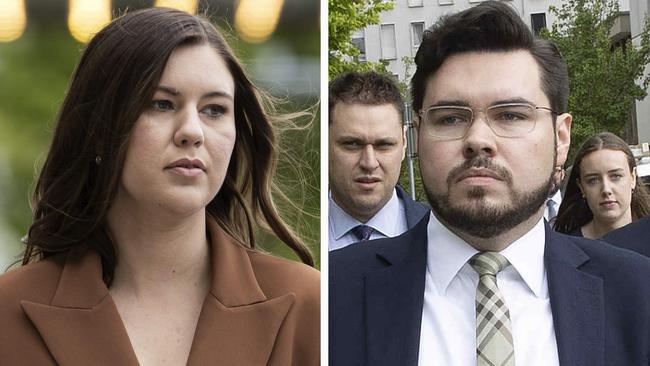
The DPP’s call for an inquiry into the AFP may backfire. His letter to ACT Chief Police Officer Neil Gaughan complaining about the AFP was sent only after the trial was aborted, and Drumgold failed to secure a conviction. Drumgold’s letter was revealed by The Guardian, released under FOI laws, only after this newspaper exposed that senior AFP police did not believe Lehrmann should have been prosecuted.
There must be an inquiry into every aspect of this saga, including the DPP’s conduct and his claims against the AFP. An inquiry must also explore the conduct of ACT Victims of Crime Commissioner Heidi Yates. And politics must not contaminate this inquiry. Too much is at stake. The questions that need answering go to the proper administration of justice in the ACT. Indeed, because an inquiry may traverse the role of members of the ACT government, the inquiry must be entirely independent from the ACT government.
This newspaper revealed the contents of an AFP executive briefing and diary notes that set out two reasons why a charge of sexual assault should not be laid against Lehrmann.
First, senior police believed there was insufficient evidence to prosecute Lehrmann. Second, AFP officers wrote that they “believe that Ms Higgins is at risk of self-harm should this matter progress to prosecution”.
Given these revelations instigated the airing of the DPP’s claims against the AFP, here are some questions that demand answers. The inquiry will want to ask Detective Superintendent Scott Moller, who oversaw the investigation into the alleged rape, what he meant when he recorded in a diary note, as revealed in this newspaper, that there was “too much political interference” in this saga. The inquiry will want to ask Moller what “political interference” means. What form did it take? How did it impede the investigation? Was there political interference to prosecute Lehrmann?
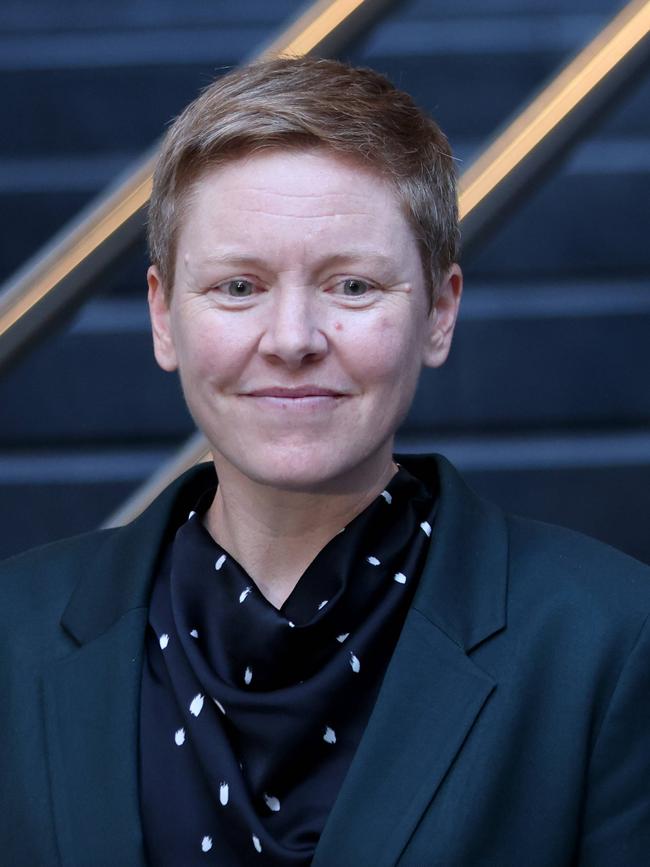
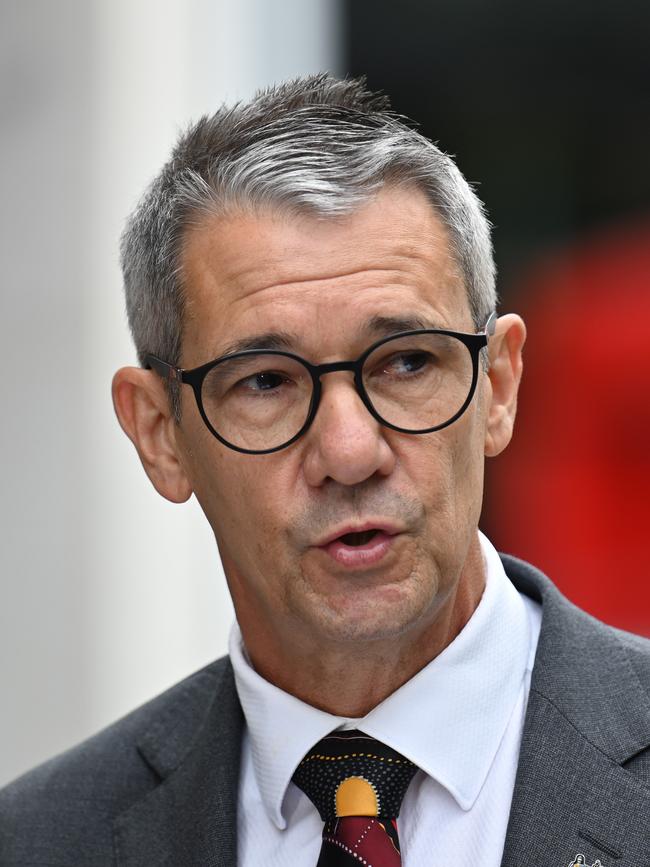
When the AFP received a call about an alleged sexual assault at Parliament House in 2019, there was a Liberal government in power federally, and an ACT Labor government. What followed speaks for itself. The Higgins claim was transformed into explosive ammunition for the federal Labor opposition, with its close links to the ACT Labor government, to prosecute the Morrison government.
There is no doubt the Higgins imbroglio played a significant role, especially in seats won by the so-called teal candidates, in convincing voters Scott Morrison had a problem with women. It’s true Morrison made his own errors, but the Higgins allegation – entirely untested then, and still unproven – was a factor. Australians are entitled to know if and how that vicious political maelstrom affected the AFP’s investigation of an alleged sexual assault.
The inquiry needs to explore why Moller’s name is on the summons to charge Lehrmann. The Australian understands it is most unusual for a police officer of Moller’s rank to sign a summons.
There are at least three levels of officers below Moller who, in normal cases, become the “informant” by signing the summons. There is a team of constables and senior constables, then a sergeant, as team leader, above them, and Detective Inspector Marcus Boorman above that sergeant. Yet none of them put their names to the charge sheet. Why not? Was it because they all believed there was insufficient evidence to charge Lehrmann? The inquiry will want to ask how often has Detective Superintendent Moller signed a charge sheet in his current senior role in the past? Has he ever done so? If not, why did he do so on this occasion? Was Moller pressured to charge Lehrmann? Moller’s own diary notes and executive briefings record his belief there was insufficient evidence. Did he, as the leader above these three levels of police, sign the summons to avoid his junior officers having to do something that they, and he, did not agree with?
Another question: why did the DPP not call Moller as a witness? It is normal practice for the informant to be called as a witness. After all, Moller provided a five-page police statement dated April 8, 2022 setting out his involvement in this investigation. Did the DPP fear Moller would reveal in court that he did not believe there was sufficient evidence and that senior AFP officers were concerned there was “too much political inference”?
Another question for the DPP to answer: what matters did the DPP address in his 12-page formal written response to the AFP dated June 21, 2021 when he indicated he had decided to prosecute Lehrmann contrary to the AFP’s belief there was insufficient evidence and AFP concerns about Higgins’s mental health? Did the DPP address the latter issue in that formal response? Did he suggest putting support in place for Higgins? If he did not address Higgins’s mental health, why not? Recall that during his press conference announcing he would not proceed with a second trial against Lehrmann, Drumgold gave as his reason that “the safety of a complainant in a sexual assault matter must be paramount”.
We also need answers from the DPP and the AFP concerning Drumgold’s claims that police handling this matter had direct contact with Lehrmann’s defence team during the trial.
Is the DPP suggesting there is something wrong with police responsible for an investigation speaking with the defence and prosecution lawyers? Is it not standard, and indeed important, practice that both sides have access to the police during an investigation and a trial?
In Deacon v ACT, ACT Supreme Court justice Terence Higgins held that it would be impeding the course of justice for a lawyer to instruct potential witnesses not to speak to the other side. Doesn’t that apply here?
Co-operation between the DPP’s office and the AFP is critical. If that relationship has broken down, it necessarily affects the administration of justice in the ACT. Is it the case the DPP did not have much contact with the AFP during the trial? If so, is that because the relationship between the DPP and the AFP had broken down?
Is the DPP, by inference from his claims about police conduct during the trial, suggesting Lehrmann’s defence team acted improperly? If so, Drumgold needs to lay out his allegations clearly, and in full. Lehrmann’s team, led by Steven Whybrow, is entitled to know what, if any, the allegations are, and to answer them, rather than be smeared by innuendo.
Another question for the DPP: was the release of the letter from the DPP to the AFP revealed by The Guardian last week a breach of legal professional privilege? The Australian has been contacted by senior lawyers in the ACT concerned that this is the case. It appears to also be in breach of the Freedom of Information Act.
Yet another question. When Drumgold was asked to respond to The Australian’s revelations that senior police did not believe there was sufficient evidence to prosecute Lehrmann, the DPP expressed concerns about the police handling of material that included Higgins’s private psychological counselling notes. The DPP complained that counselling notes were “unlawfully given” to Lehrmann’s previous lawyer. Is it true this same material was also sent to the DPP? Did the DPP access this material?
There are many other questions an inquiry must seek answers to. Perhaps we don’t need to wait for an inquiry. Mr Drumgold, over to you.


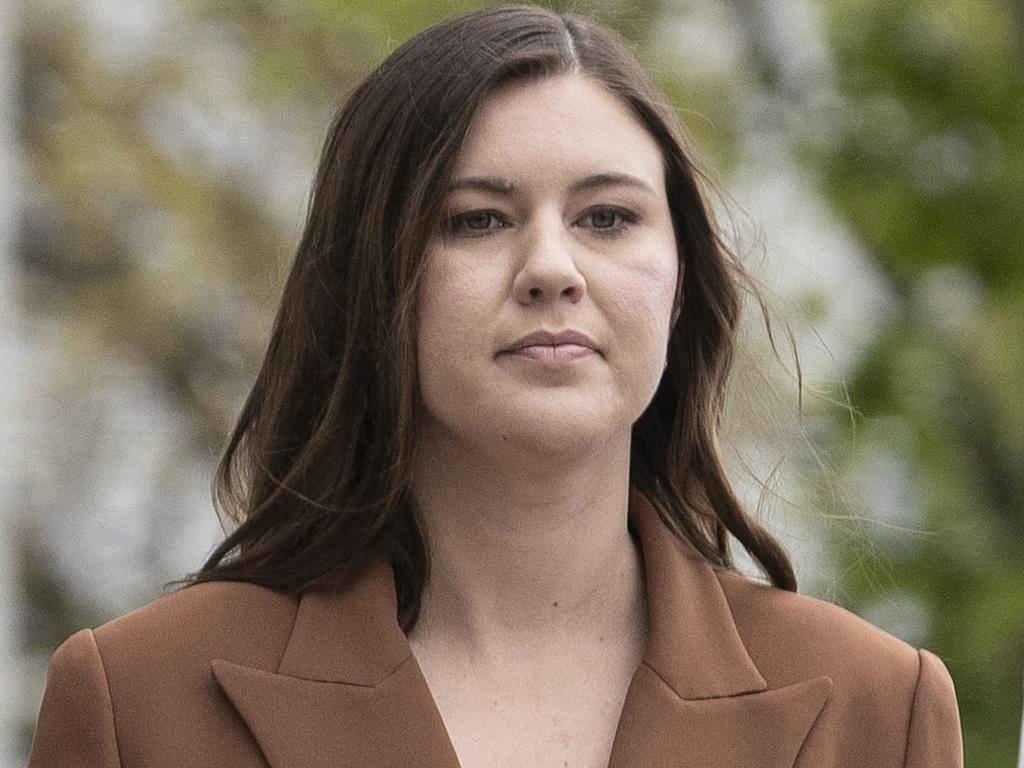
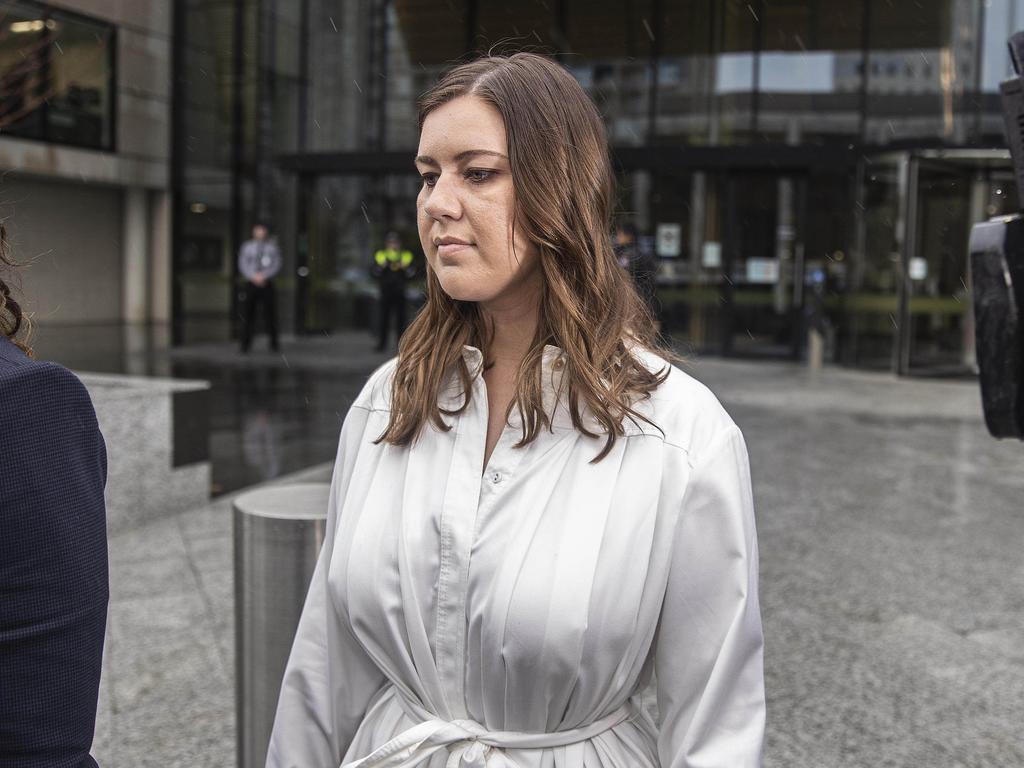
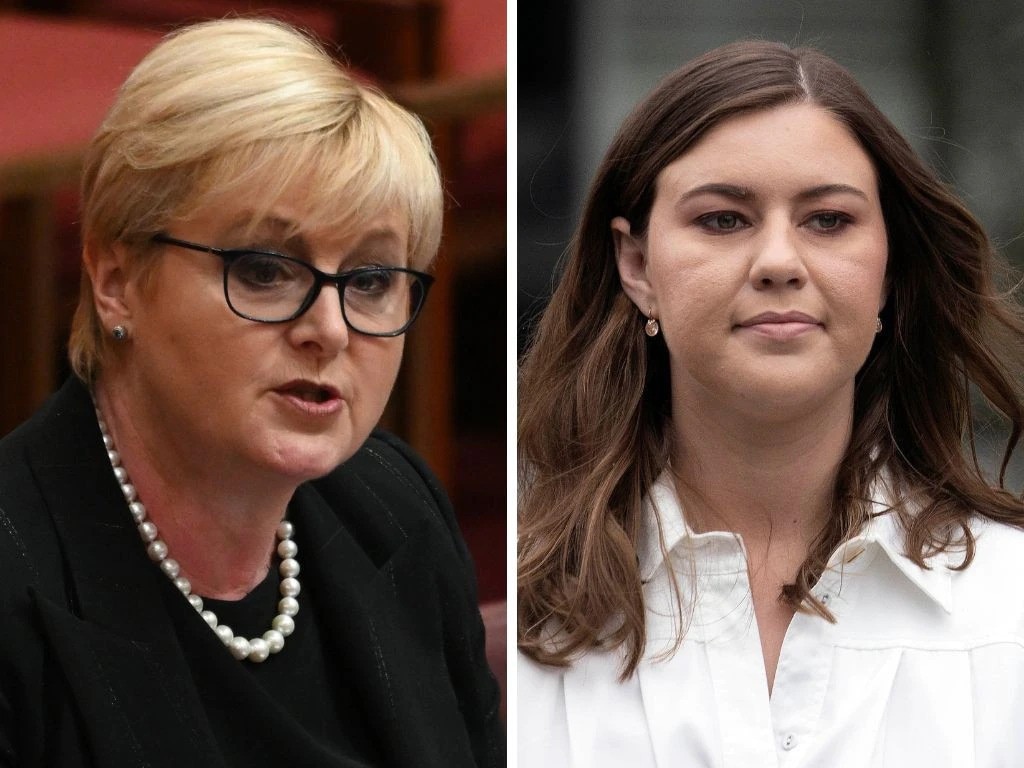
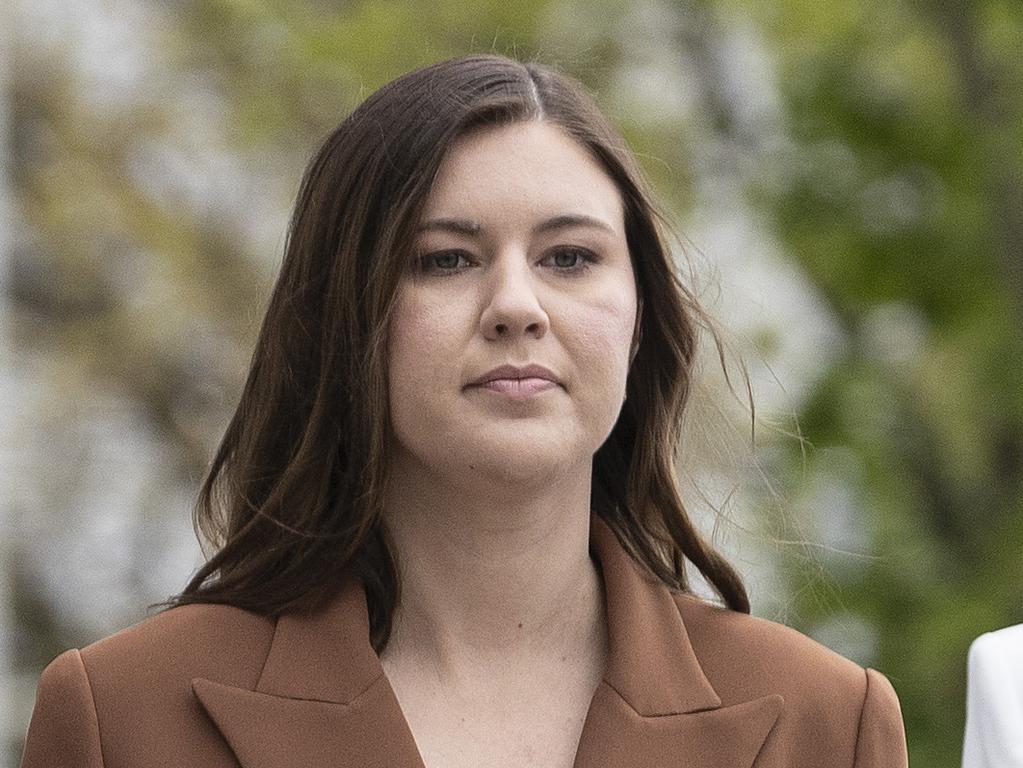

The Higgins saga was always about more than what happened, or didn’t happen, on a couch in a federal minister’s office in Parliament House on March 23, 2019. Potentially, this story is about how, in part, a federal election was won by Labor. Most definitely, it is also about a shocking breakdown in the relationship between the ACT Director of Public Prosecutions, Shane Drumgold, and the Australian Federal Police, which is responsible for policing services in the ACT. The two issues may not be unrelated.